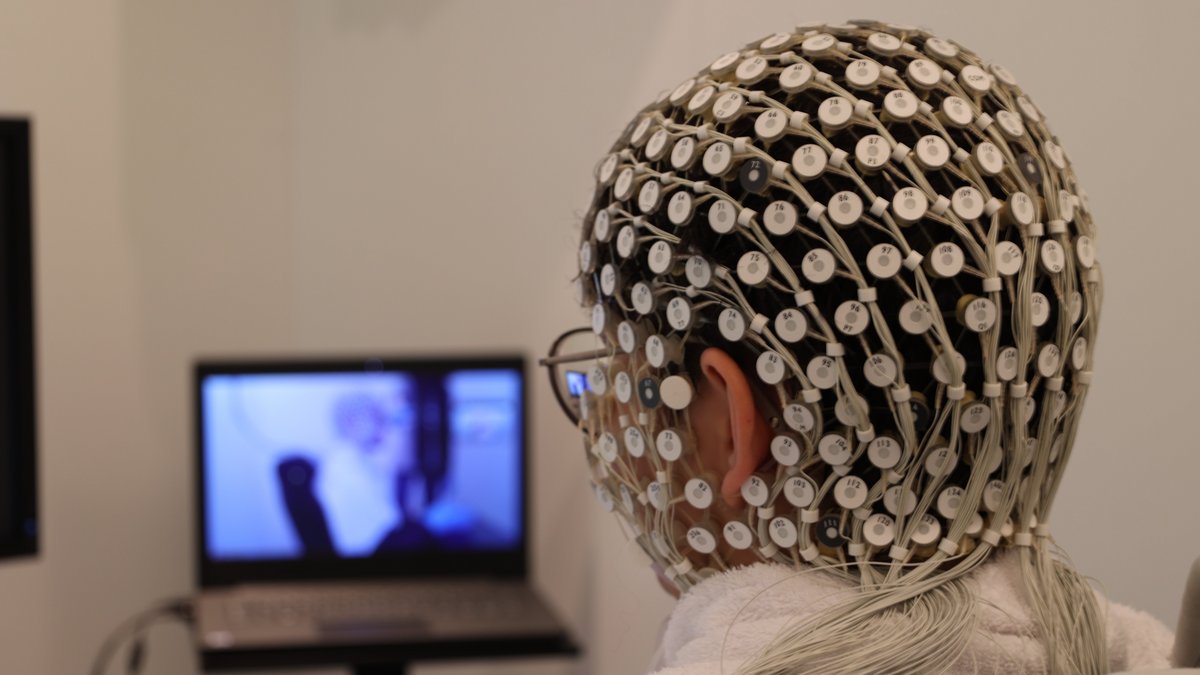
Image: E. Böker, CASCB, University of Konstanz
From the coordination of individual brains to effective collective decision-making
The goal of the project is to predict the success or failure of collective decisions based on a mechanistic understanding of group decision-making. To gain a more comprehensive understanding of these outcomes and the underlying processes, it will integrate perspectives from game theory, social psychology, and social neuroscience.
Decision-making
Using behavioural approaches, this project studies decision-making and strategic interaction over varying task environments and group composition. For a deeper understanding of the boundary conditions of effective collective decision-making, for example, it is investigating multi-arm bandit problems, dynamic games, and committee decisions.
Neuroscience
Can our brain show us when we are cooperating or when we are in competition? This project aims to assess the neural underpinnings of collective failures and successes using electroencephalography (EEG) measurements and analysis of brain synchronization. Simultaneous measurement of EEG, especially in group settings, is a method that is still in its infancy, and so the project will develop novel research paradigms that will have broader impacts.
The project will then use portable EEG to provide online measures of synchronization among members of groups engaged in games and social interactions. Visual analytics experts will help analyze the vast amounts of data that will come from measuring brain signals from a group of people simultaneously.

Copyright: Simon Gingins
